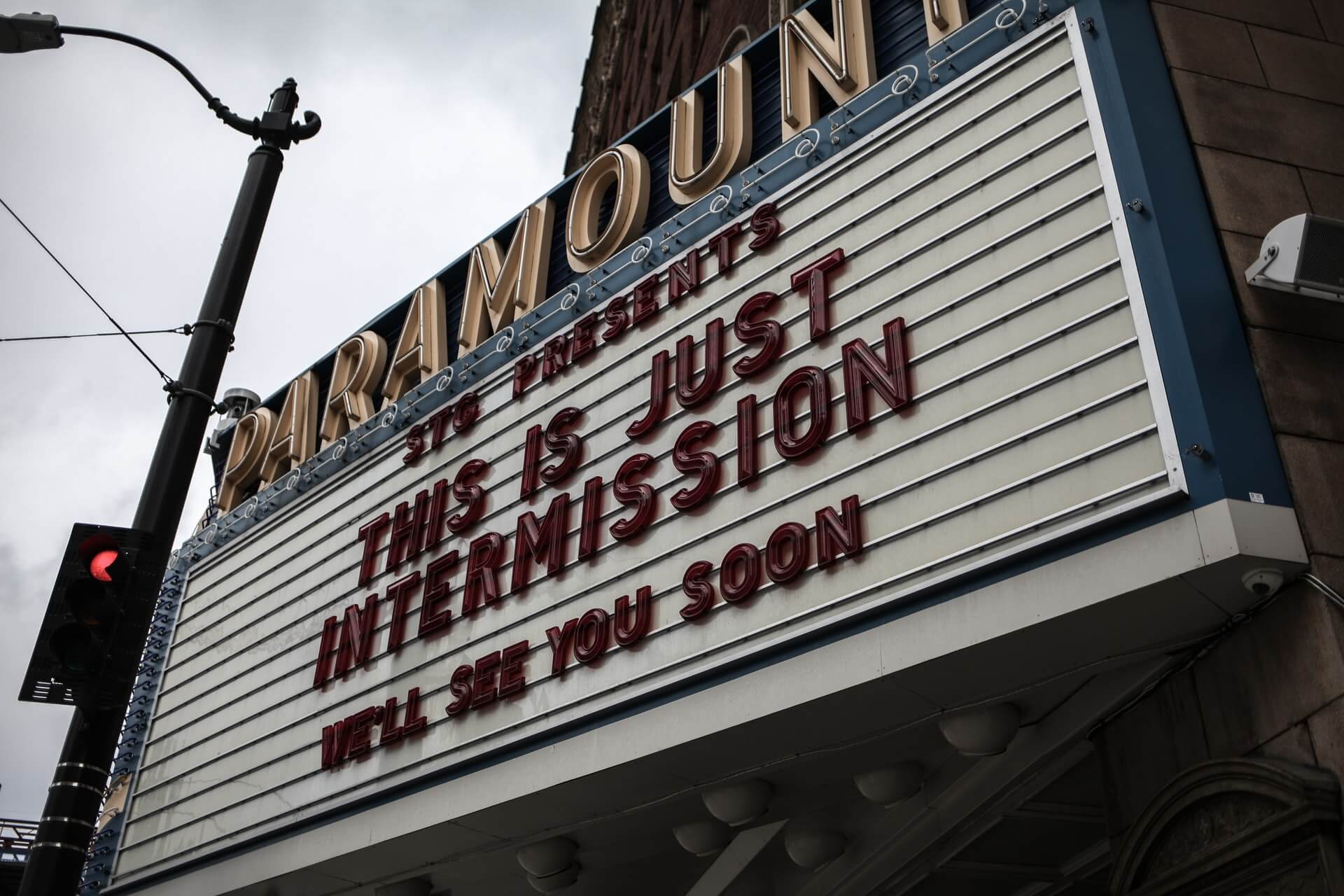Soft Versus Stealth Closures
by David Klemt

Restaurants, bars, and entertainment venues throughout North America are closing temporarily due to spikes in Covid-19 infections.
These closures are voluntary and out of an abundance of caution for staff, guest and community health and safety. While not in any way ideal, these voluntary closures are admirable.
Restaurants, bars, and other hospitality-focused businesses are cornerstones of their communities. Putting safety ahead of profits highlights dedication to service.
There are two types of temporary closures an operator can choose, soft and stealth or silent.
Soft Closure
Simply put, a soft closure is the counterpart to a mandated closure. No local, state or federal authority has forced the closure.
Instead, an operator decides it’s best for their staff and community for them to close their doors for a period of time. Currently, the timeframe I’m most often coming across spans Christmas to December 29 or 30.
So, what are the reasons operators are giving for soft closures? The following are the most common I’m encountering:
- Rises in infections and hospitalizations in a given location.
- Teams too small to provide service due to infections, mostly driven by Omicron currently.
- A desire to protect teams from increased risk of infection.
- Giving staff off from Christmas or Christmas Eve through December 29 or 30 to recharge for New Year’s Eve.
In Canada, some provinces are prohibiting normally lucrative NYE events. So, some operators are closing because it’s not worth attempting to operate as normal until restrictions expire.
Stealth Closure
The difference between a soft and stealth closure are subtle. However, it’s important to understand a stealth closure, and why many operators find them upsetting.
A stealth closure is essentially a type of soft closure. The main difference—which is causing a bit of an uproar—is that the operator doesn’t use their voice to tell the public why they’re closing.
Closing stealthily or silently doesn’t express to the public and lawmakers how dire the situation is for the industry, both locally and overall. Many operators find this unacceptable because the industry isn’t receiving the relief necessary to recover throughout 2022.
To some, a stealth closure lets state and federal legislators shrug off the fact that Covid-19 is once again decimating the industry. I can’t say that I disagree with this assessment.
Of course, operators are free to do as they wish. They must make the best decisions for their businesses, staff, and community.
However, an explanation of the factors that drove the decision sends a clear message that the industry needs relief. Coming together and pressuring lawmakers is the only way we’re going to get the help we need.
Image: Nick Bolton on Unsplash
